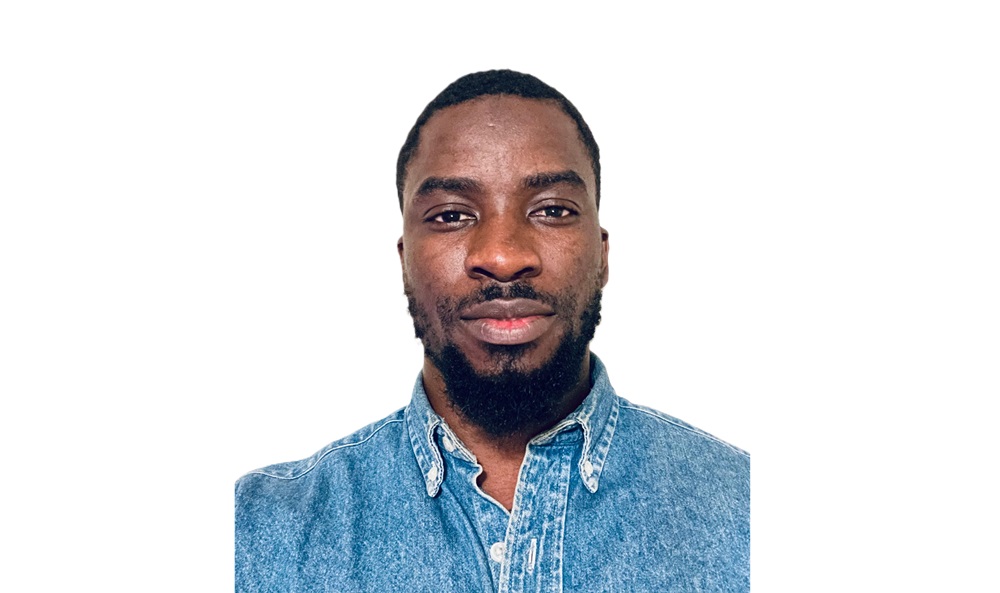In the heart of Shomolu, Lagos, over 16,000 buildings that once existed only in physical form now have a digital presence, thanks to the groundbreaking work of Nigerian innovator, Abdullahi.
Through his Digital Planet campaign, Abdullahi has bridged the gap between urban infrastructure and digital mapping, ensuring that previously uncharted areas are now visible on the world’s largest open-source map, OpenStreetMap.
Abdullahi, a tech entrepreneur and who plays a leading and critical role as the founder of ByteXperience, identified the lack of digital representation as a major issue for developing countries like Nigeria. Unlike developed nations where almost every structure is mapped online, many Nigerian communities remained invisible. “We noticed that unlike in the developed world, a lot of buildings in Nigeria are yet to be represented on the map, hindering geospatial applications that could solve many environmental problems” he explained.
Launched in 2019, the Digital Planet campaign sought to address this gap by integrating unrecorded buildings into global digital maps. The initiative concluded in November 2024, having successfully mapped 16,250 buildings in Shomolu. This significant effort is envisaged to improve emergency response, urban planning, waste management, and even environmental conservation.
According to Abdullahi, digital mapping is beyond just putting locations on a screen, it has real-life consequences. “These maps put people on the global stage and represent them,” he said. By making local infrastructure visible, the project enhances logistics services, allowing for optimized routes that reduce fuel consumption and emissions. Emergency responders can now reach distressed individuals faster, while urban planners can better assess flood-prone areas.
Beyond Digital Planet, Abdullahi is well known for his original contributions of using technology to solve practical problems. In 2017, he launched Bubbue, a smart laundry service in Akure, Nigeria that connected student freelancers with customers. This not only provided an affordable service but also created employment opportunities for students. The startup’s innovative model earned it recognition and awarded a runner-up position in the iStartup Southwest competition in 2019. Needless to say, Abdullahi’s work is highly recognized.
His contributions to healthcare technology have also been noteworthy. As a product and UI/UX designer at Treplabs from 2016 to 2021, Abdullahi played a crucial and leading role in strategizing and designing the mobile application and web dashboard application for RealDrip, a monitoring device that helps clinicians monitor and regulate patients on infusion treatment to reduce clinical errors. His work extended beyond design, he helped shape the product’s branding, creating its logo and color scheme. “It was about making the technology accessible to those who needed it most,” he said.
As a result of the excellent potential, Treplabs’ innovations earned global recognition, winning awards from MIT Solve, Cisco Global Problem Solver, and Facebook Accelerator. The company previously secured the Microsoft Imagine Cup, Nigeria and represented Nigeria at the Middle East/Africa Finals, further cementing Abdullahi’s status as an innovator in tech-driven solutions.
Another one of his significant contributions came with UpNepa (now Electra), an app designed to help Nigerians track electricity availability in their areas. Abdullahi also played a leading role in its rebranding, refining the interface to enhance user experience. The app gained national recognition, with coverage on Channels TV, after being selected for the CcHUB 2020 Facebook FbStart cohort in Yaba, Lagos State.
Looking ahead, Abdullahi continues to push the boundaries of digital innovation with ByteXperience, which specializes in real-time location mapping solutions. His vision is to expand digital mapping efforts across more Nigerian communities, Africa, Asia and globally to improve data accuracy for urban planning and environmental protection.
In an era where digital representation determines access to services and opportunities, Abdullahi’s work stands as a beacon of progress. By leveraging technology to address fundamental urban challenges, he has not only improved digital inclusivity but also paved the way for more efficient and sustainable cities in Nigeria. “Technology has the power to make life easier, and I’m just happy to be a part of that journey,” he concluded.






